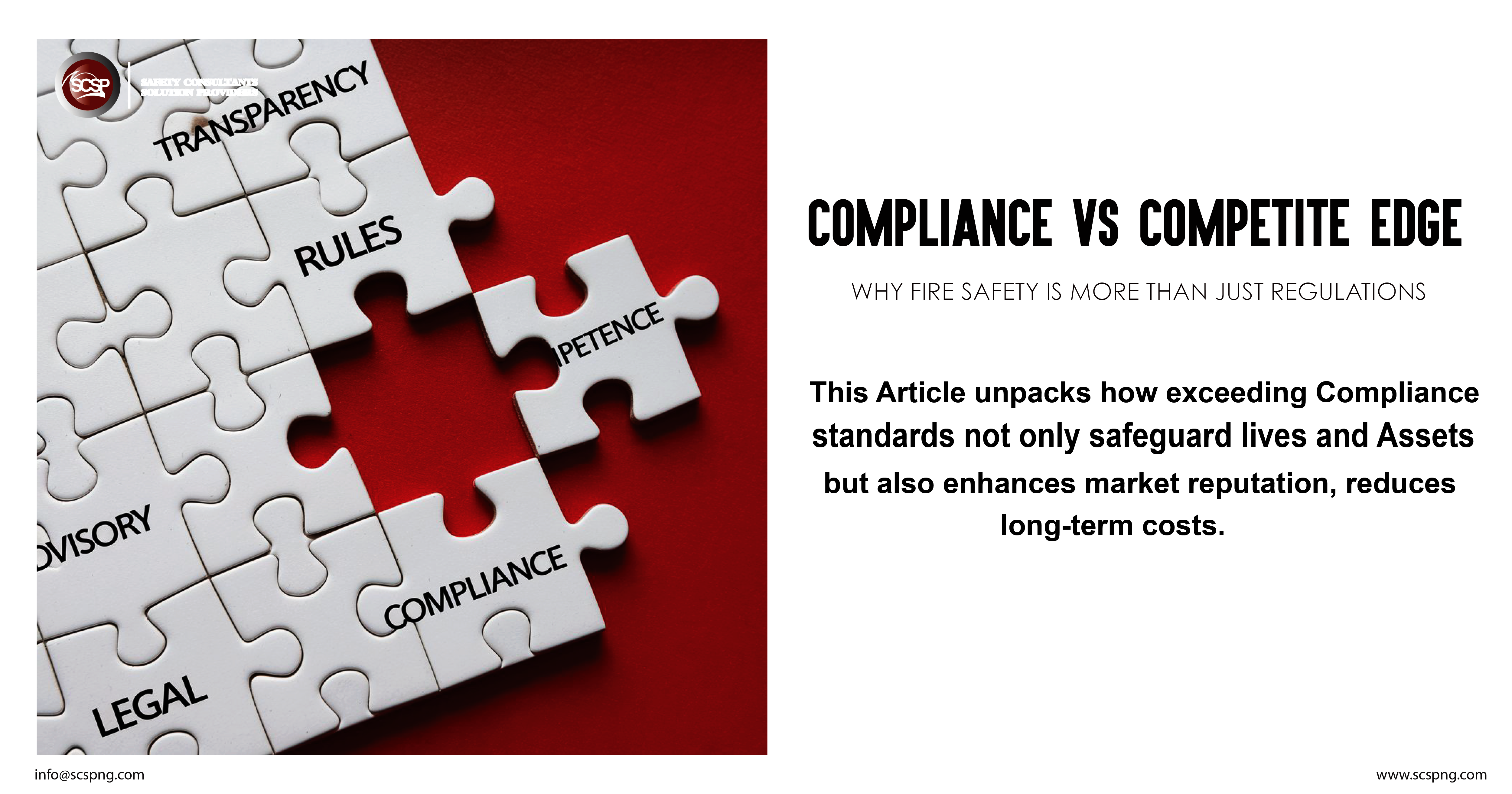Safety in ICT (Information and Communications Technology) is mostly about understanding how to work safely with computers and environments with lots of technology equipment.
While our daily online activity continues to grow, so does our exposure to online threats. Multiply this by the sheer amount of devices through which we can access the Internet, and the risk of our personal information falling into the wrong hands increases exponentially.
The tips below will increase your online safety.
- Protect your identity: use different user names and passwords for your accounts and make sure your passwords contain a combination of letters, numbers, and symbols.
- Turn on your firewall: firewall helps to secure infrastructure. Having one on your personal computer will help protect it from viruses and malware.
- Use anti-virus software: a multitude of free and paid anti-virus software exists to help protect your personal computers, tablets, and smartphones. Install one on each device that connects to the Internet, and remember to update it regularly.
- Block spyware attacks: like anti-virus software, anti-spyware software prevents spyware from making its way onto your computer.
- Routinely back up your files: remember to back up your files to an external hard drive, removable media, or to the cloud so that you have access to them in the event of a system failure or virus.
- Protect your wireless network: password protect your home wireless network and change the password regularly if multiple people access it.
- Ignore and delete emails from unknown senders: never open emails or attachments from people you don’t know. Ignore these messages and delete them immediately.
- Surf the Web safely: only make online purchases from trusted sources, and make sure your privacy settings are turned on when accessing your social networking sites (Facebook, Twitter, etc…). You don’t want your personal information falling into the wrong hands!
- When in doubt, get expert help: consult a computer expert if you need help installing software on your computer, and report any suspicious computing activity (scams, identity theft attempts) to the police.
- Update everything and install security software: Windows and Mac OS updates – Schedule and install operating system updates and security patches.
- Anti-virus/Anti-malware – Run updates and schedule scans on your computer for commercial products.
- Visit the Microsoft Security Center – Download Security Essentials and check for malware with Microsoft’s Safety Scanner
- Web browser plug-ins – Update helper applications, such as Adobe Acrobat Reader, Flash, and Oracle’s Java
- Visit Mozilla, makers of Thunderbird and Firefox, and check your Firefox browser plug-ins.
- Stop illegal file-sharing and remove your peer-to-peer (P2P).
It is against the law to share or distribute copyrighted material. Learn how L&C responds to copyright infringement claims.
- Set privacy for social networking sites.
Learn how to set the privacy settings so they are as restrictive as possible and protect your reputation. Also, be careful what you post/publish on your social networking sites.
- Stay away from untrusted networks or public computers.
Be careful when using free, public wireless networks at hotels, airports, and coffee shops, or public computers. Refrain from doing any sensitive online activities or using any account information and always ensure you log off of public computers.
- Turn off your computer when you’re not using it.
Save energy and keep your computer from being accessible from the Internet.
- Back up your computer files regularly so you don’t lose important assignments, cherished music, or photos.
Keep backed up files in a safe, secure location away from your computer (or use an online service).
- Use caution when using public computers, such as those in hotels or computer labs.
Don’t visit sites that require personal information, such as your bank’s Web site, and be sure to log off when you’re done.
- Trust your instincts.
If you feel like something is suspicious, error on the side of caution. If your spidey senses are tingling, trust them.
ALSO READ:










